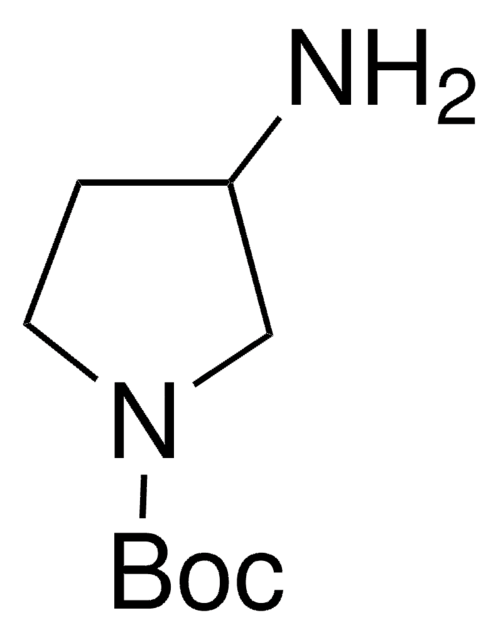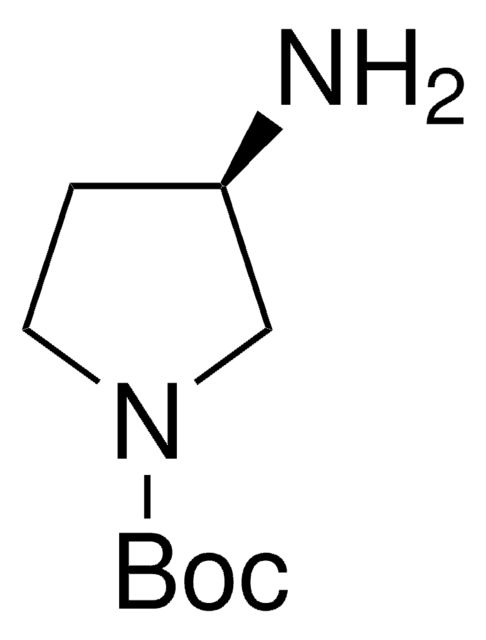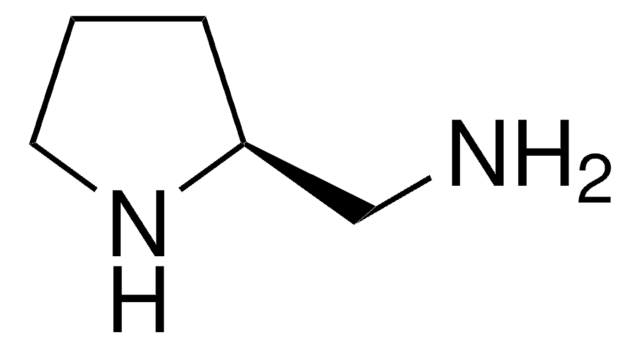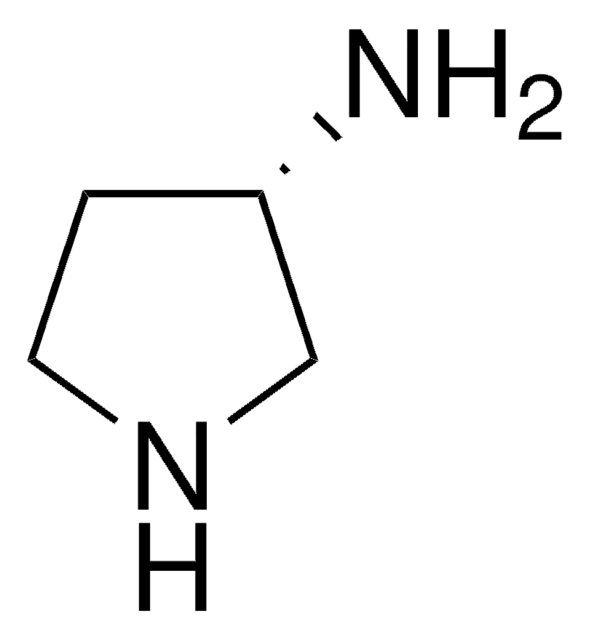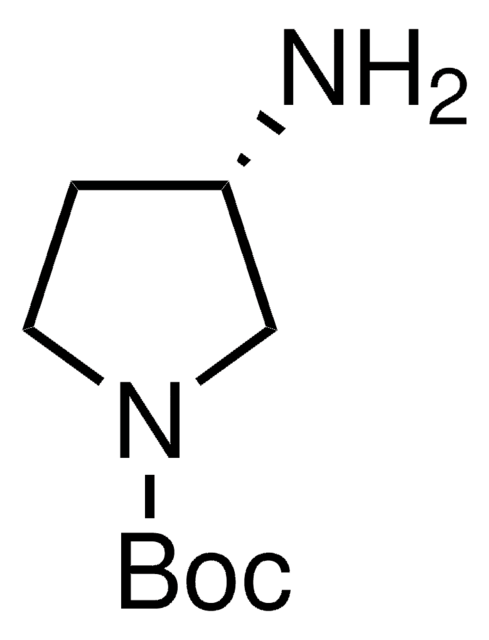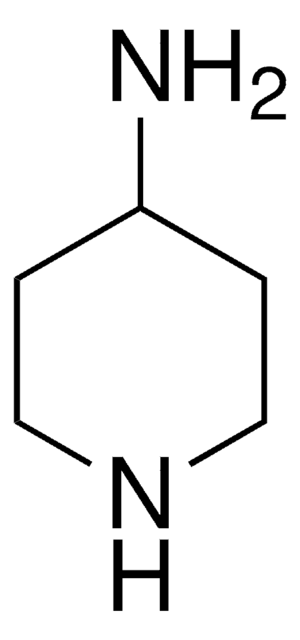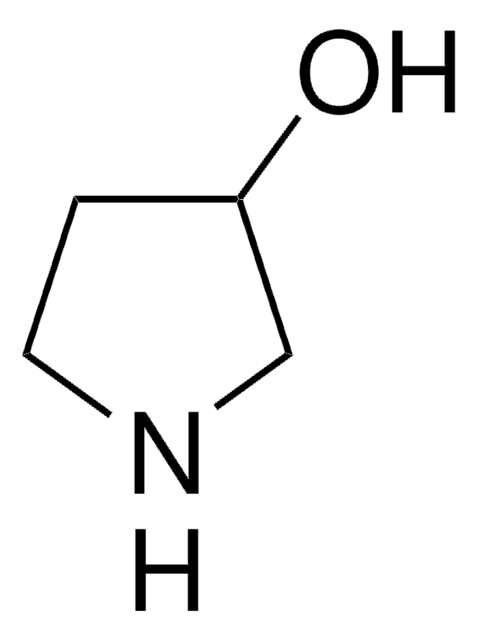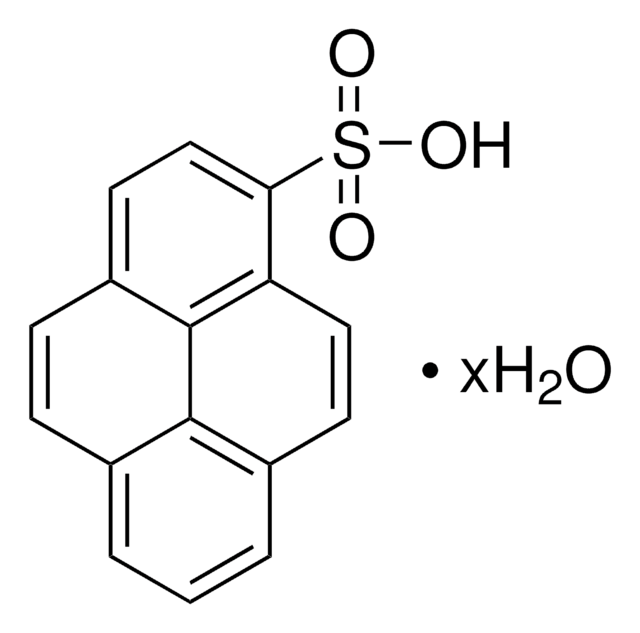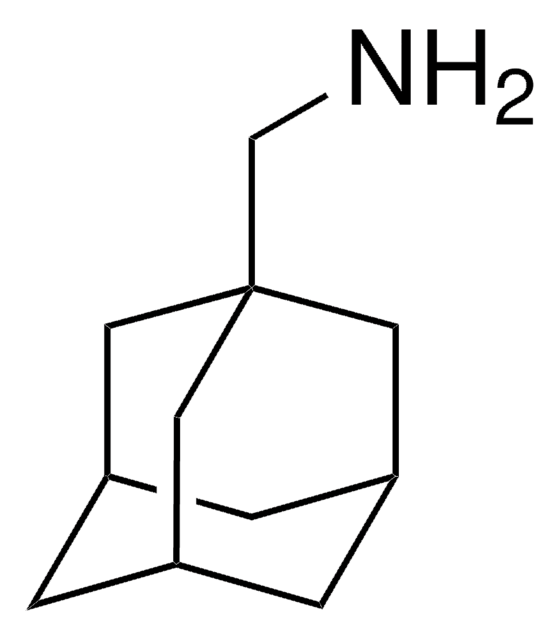All Photos(1)
About This Item
Empirical Formula (Hill Notation):
C4H10N2 · 2HCl
CAS Number:
Molecular Weight:
159.06
MDL number:
UNSPSC Code:
12352100
PubChem Substance ID:
NACRES:
NA.22
Recommended Products
Assay
98%
form
solid
mp
>300 °C (lit.)
SMILES string
Cl[H].Cl[H].NC1CCNC1
InChI
1S/C4H10N2.2ClH/c5-4-1-2-6-3-4;;/h4,6H,1-3,5H2;2*1H
InChI key
NJPNCMOUEXEGBL-UHFFFAOYSA-N
General description
3-Aminopyrrolidine dihydrochloride (3-pyrrolidinamine dihydrochloride) is one of the key intermediate of tosufloxacin and other quinolone antibiotics.
Application
3-Aminopyrrolidine dihydrochloride is the suitable reagent used as an internal standard for the quantitative analysis of amino acids in bio-fluids. (R,S) 3-Aminopyrrolidine dihydrochloride may be used in the preparation of cis-[PdCl2(pyrr)] and cis-[PtCl2(pyrr)] (pyrr= (R,S)-3-aminopyrrolidine) complexes.
Signal Word
Warning
Hazard Statements
Precautionary Statements
Hazard Classifications
Eye Irrit. 2 - Skin Irrit. 2 - STOT SE 3
Target Organs
Respiratory system
Storage Class Code
11 - Combustible Solids
WGK
WGK 3
Flash Point(F)
Not applicable
Flash Point(C)
Not applicable
Personal Protective Equipment
dust mask type N95 (US), Eyeshields, Gloves
Choose from one of the most recent versions:
Already Own This Product?
Find documentation for the products that you have recently purchased in the Document Library.
Synthesis of 3-Aminopyrrolidine and its N-alkylating Derivatives [J].
Run-pu SHEN, et al.
Journal of Chemical Engineering of Chinese Universities / Gao Xiao Hua Xue Gong Cheng Xue Bao, 4, 014-014 (2003)
Pd (II) and Pt (II)(R, S)-3-aminopyrrolidine complexes. Reactions with 9-ethylguanine and study of their antiproliferative activity.
Riera X, et al.
Inorgorganica Chimica Acta, 339, 253-264 (2002)
Jieyu Zhao et al.
Journal of proteome research, 15(2), 468-476 (2016-01-20)
The interaction between carbon (C) and nitrogen (N) metabolism can reflect plant growth status and environmental factors. Little is known regarding the connections between C-N metabolism and growing regions under field conditions. To comprehensively investigate the relationship in mature tobacco
Shahlizah Sahul Hamid et al.
Planta, 249(6), 1921-1947 (2019-03-21)
Among seaweed groups, brown algae had characteristically high concentrations of mannitol, and green algae were characterised by fructose. In red algae, metabolite profiles of individual species should be evaluated. Seaweeds are metabolically different from terrestrial plants. However, general metabolite profiles
Shuxin Liu et al.
Scientific reports, 7(1), 8150-8150 (2017-08-16)
Uremia has been a rapidly increasing health problem in China. Hemodialysis (HD) is the main renal replacement therapy for uremia. The results of large-scale clinical trials have shown that the HD pattern is crucial for long-term prognosis of maintenance hemodialysis
Our team of scientists has experience in all areas of research including Life Science, Material Science, Chemical Synthesis, Chromatography, Analytical and many others.
Contact Technical Service
